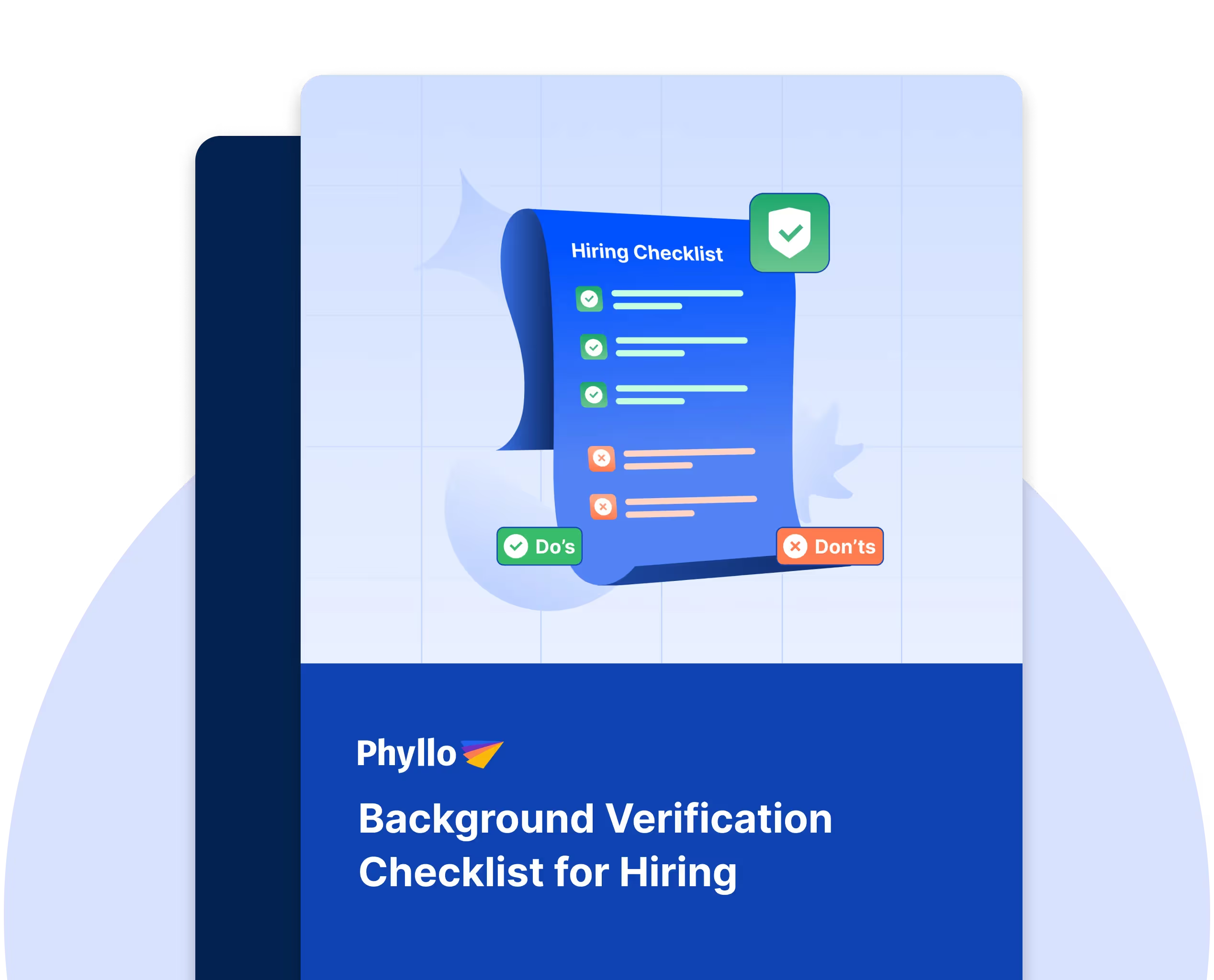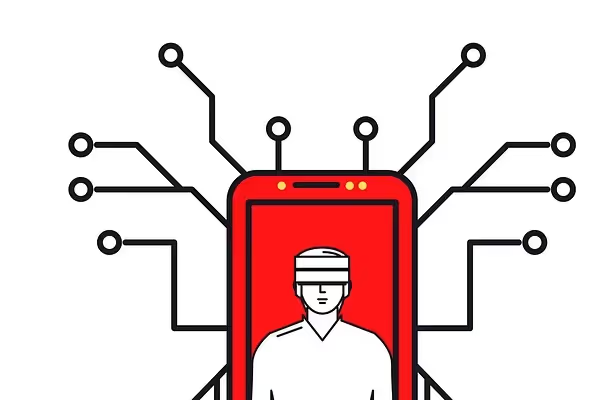In recent years, governments worldwide have increasingly adopted social media vetting as part of their public sector background checks. While these tools offer significant benefits such as identifying security threats and verifying identities, they also bring serious ethical and privacy concerns. This blog explores the complex balance between security and rights, examining risks, best practices, and how governments can implement policies responsibly.
Explore how automated tools support public integrity through social screening and broader background verification.
Why Governments Use Social Media Vetting
Boosting Security & Trust
- National Security: Used in visa applications, immigration, and security clearances to detect extremist affiliations, disinformation, or criminal intent.
- Preventing Fraud: Validates identities for government benefits, licensing, or public sector roles.
- Public Confidence: Ensures that civil servants, elected officials, and public contractors uphold behavior consistent with civic values.
Efficiency & Scale
Automated analysis of large data volumes allows agencies to process background checks more quickly than manual reviews.
It enables scalable vetting across millions of applicants, from immigrants to government job seekers.
For student-focused government vetting tools, check out Student Vetting.
Privacy and Ethics in Government Vetting
Infringement of Privacy
Public social media platforms are not entirely fair game. Just because content is visible does not mean it is ethically appropriate to use it. Sensitive or personal posts, especially about religion, sexual orientation, or health, can be unfairly scrutinized.
- Contextual risk: Satire or joking posts may be misunderstood.
- Life-long footprint: Old posts might misrepresent a person’s current beliefs or behavior.
Due Process & Fairness
Employing algorithms and intelligence for decision-making can lead to errors such as false positives or negatives. Equally concerning is the lack of transparency. Individuals often do not know what triggered a decision, with no effective appeal pathways.
Algorithmic Bias and Discrimination
AI systems trained on biased data sets can disproportionately flag posts from certain ethnic, religious, or political groups. This undermines civil liberties and can lead to systemic discrimination.
Chilling Effect on Free Speech
Public understanding that social media is monitored by government agencies can drive self-censorship. This diminishes open discourse and democratic expression.
Key Risks in Government-Mandated Social Media Screening
Risk 1: Misinterpreting Context
Sarcasm, memes, or satire may be flagged as hateful or extremist content if not understood by machines. Without human verification, innocuous content may lead to undue denial of visas, clearance, or permits.
Risk 2: Outdated or Irrelevant Content
A single offensive tweet from a decade ago could unfairly brand someone as unfit for public office. Vetting tools need ways to weigh content based on recency or relevance.
Risk 3: Data Security & Misuse
Government agencies hold highly sensitive data. Strong cybersecurity practices, including encryption, access logs, and liability protection, are essential to protect against data breaches.
Risk 4: Transparency and Accountability
Citizens should have access to appeal mechanisms. Policies must disclose data use, flagging criteria, and terms of redress to avoid "black-box" decision-making.
Regulatory and Ethical Frameworks Around Vetting
Compliance With Data Privacy Regulations
- GDPR (EU): Enforces data subject rights like the right to access and correct data, along with strict processing conditions.
- FCRA & Privacy Act (USA): Require accuracy, transparency, dispute resolution, and minimal data usage.
- India’s DPDP Bill: Aims to regulate collection of public social media info with stronger consent standards.
Ethical Principles: Fairness, Transparency, Accountability
- Fairness: Vetting criteria must be applied consistently without discrimination.
- Transparency: Citizens should be told when vetting is conducted and on what basis through clear policies.
- Accountability: Reviews and audits should identify false positives, biases, and systemic errors with regular public reporting.
Best Practices for Ethical Social Media Vetting in Government
Define Clear Screening Policies
Clearly specify which platforms are monitored and the kinds of content flagged, such as violent threats, terror-related posts, or enrollment in extremist groups.
Include exclusions. Do not use posts about race, religion, legal political views, or health unless directly relevant to national security.
Secure Oversight and Governance
Vetting programs should have oversight by multi-stakeholder boards, including legal experts, civil society, privacy advocates, and ethicists to appropriately balance security and rights.
Require Human Review
Automated flagging must always be followed by human analysts trained to assess context and intent.
Analysts should document justifications for final decisions.
Provide Channels for Appeal
Citizens affected by vetting should have the right to transparency and dispute outcomes.
Governments should create digital portals for reviewing flagged content and submitting appeals with defined timelines.
Limit Data Retention and Use
Only keep collected data for the minimum period necessary.
Ensure data collected for immigration does not automatically feed public sector employee background checks without additional consent.
Case Studies: Lessons From Government Vetting
Immigration Vetting Policies (EU & US)
- USA: As of 2019, most visa applicants must disclose social media handles. USCIS agents analyze public content and may issue denials for extremist views.
- Europe: Countries like the Netherlands and Germany look for hate speech or extremist affiliations during asylum and immigration proceedings.
Security Clearance Vetting (UK & Canada)
Government contractors and public officials undergo social media screening for potential national security risks.
Processes include internal legal frameworks. Agencies are often criticized for a lack of transparency and appeal mechanisms.
Balancing Security and Civil Liberties
Implement Proportionality Checks
Vet only when there is reasonable suspicion or risk associated with high-level positions or national security. Avoid vetting for routine public services or small-scale licenses.
Foster Tech Literacy and Public Awareness
Offer public education campaigns to explain vetting protocols, rights, and how to guard one’s digital presence from misinterpretation.
Work With Independent Auditors
Invite third-party reviews of vetting systems and publish audit results to validate fairness and reduce public concern.
FAQs: Risks & Ethics of Government Social Vetting
1. Is government social media vetting legal?
Yes, when limited to public data and overseen by laws like GDPR, FCRA, or India’s DPDP. Ethical compliance demands transparency, purpose limitations, and appeal mechanisms. Without these, vetting can become arbitrary or biased and violate fundamental rights.
2. Can private data be used?
No. Ethical and legal norms prohibit using private content without a warrant or explicit consent. Misuse can breach constitutional protections or data privacy laws, making government liable for civil or criminal penalties.
3. Does vetting violate freedom of speech?
Not inherently. Government vetting targets behavior harmful to public policy like threats of violence. But if unchecked, it may discourage free expression. Oversight and appeal mechanisms are critical to protect speech rights.
4. What if false positives occur?
False positives are common in automated systems. That’s why governments must enable manual reviews, correction rights, and appeals. Ignoring these errors can lead to unjust denials and loss of public trust.
5. How is vetting data secured?
Government vetting data must be protected through encryption, strict access controls, and audit logs. Breaches not only compromise privacy but can disrupt national security operations and legal standing.
6. Can vetting be discriminatory?
Yes, especially if algorithms reflect cultural or political bias. This can result in racial profiling or ideological censorship. Government systems should be audited and adjusted to eliminate prejudice and bias.
7. Should vetting apply to all public-facing roles?
No. It should be reserved for high-risk roles in security or public trust. Overextending it can waste resources, create backlash, and infringe on rights of individuals in routine or administrative roles.
8. How can citizens protect themselves?
Citizens can monitor their online presence, clean up digital footprints, and enable privacy settings. Understanding one’s rights under data protection laws helps prepare for disputes. Governments should make redress mechanisms simple and public.













